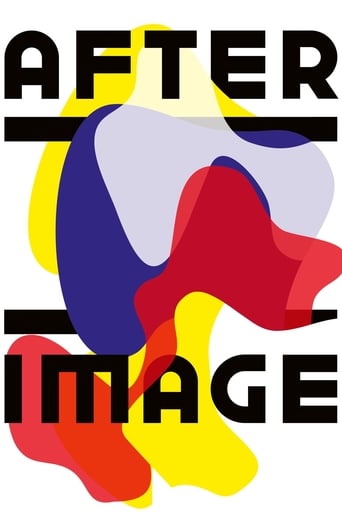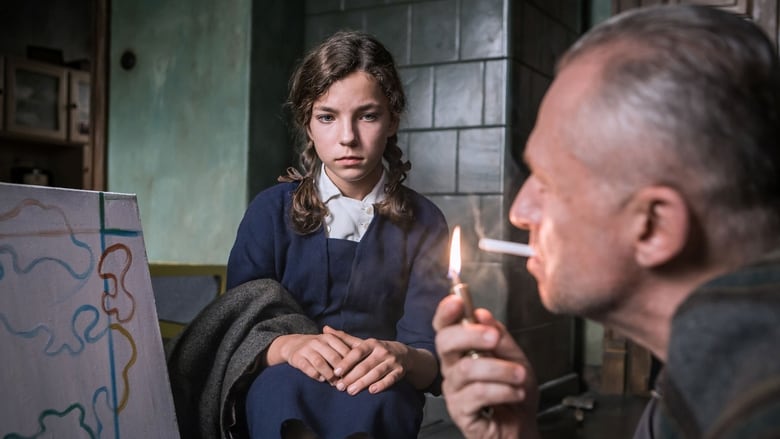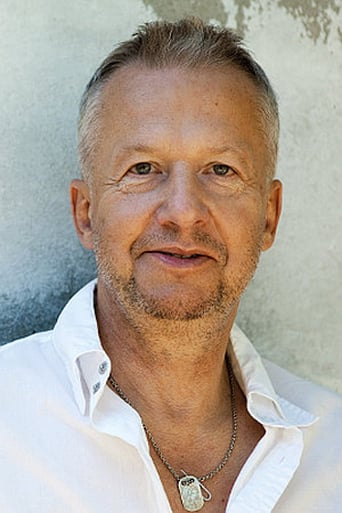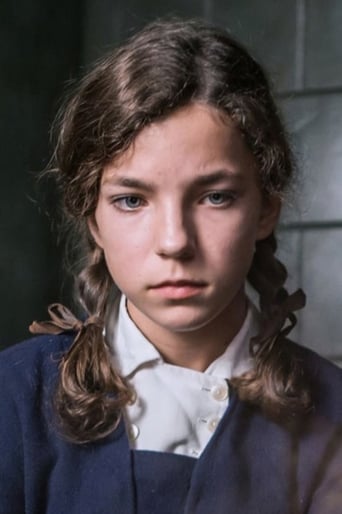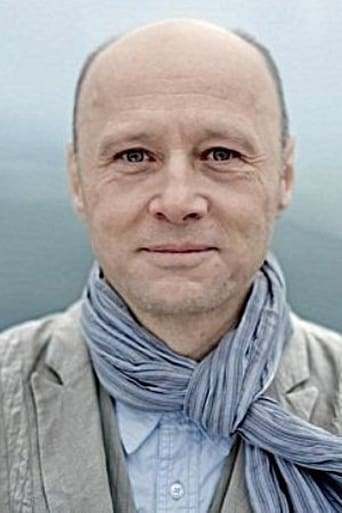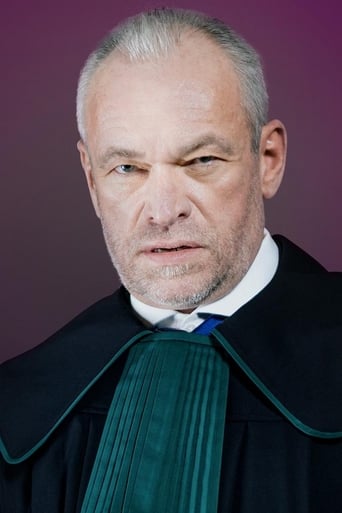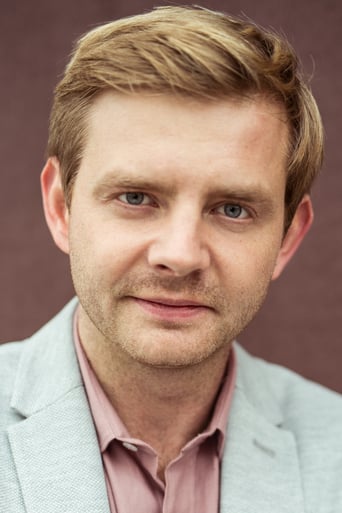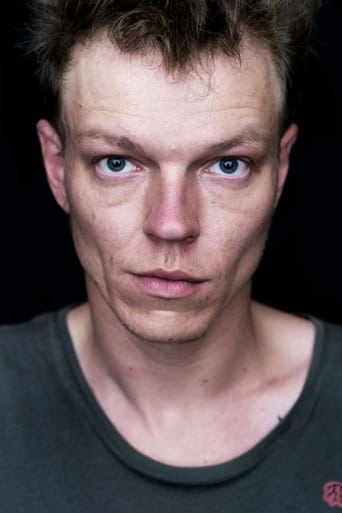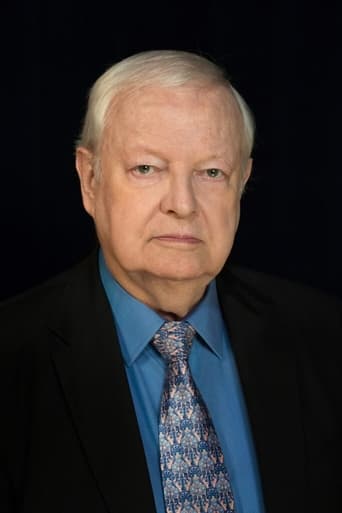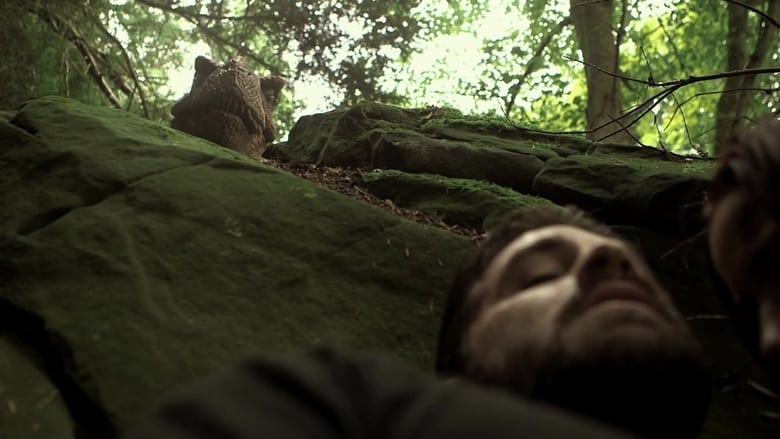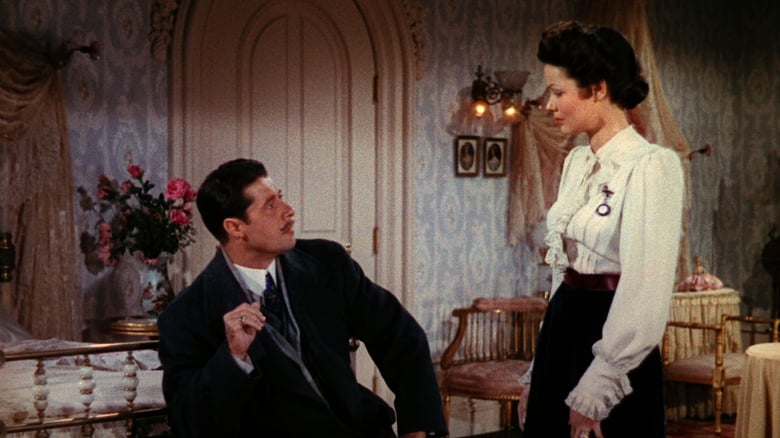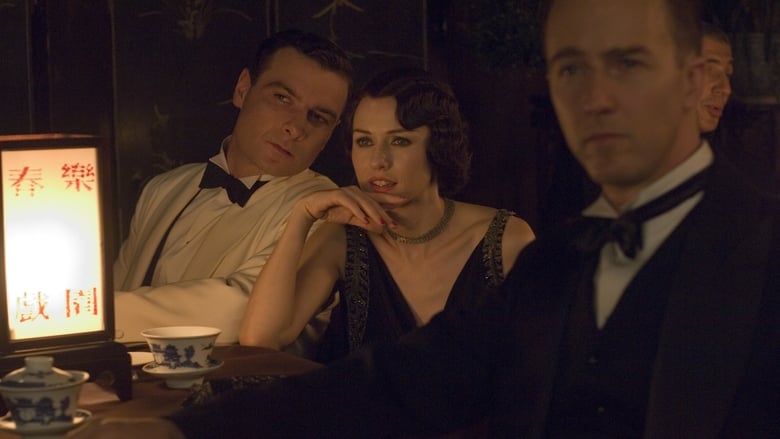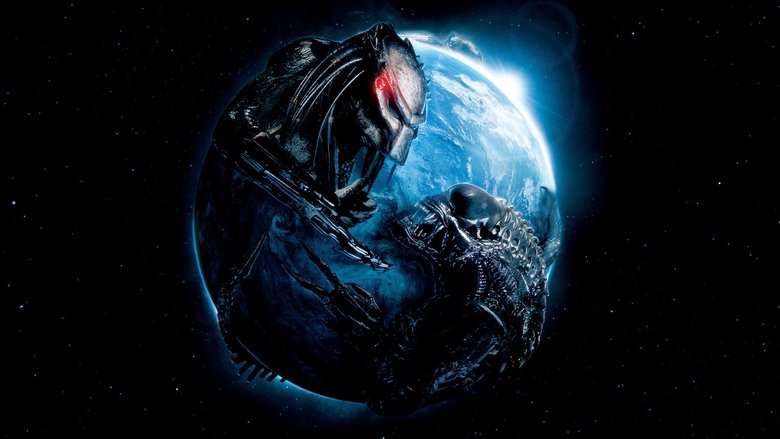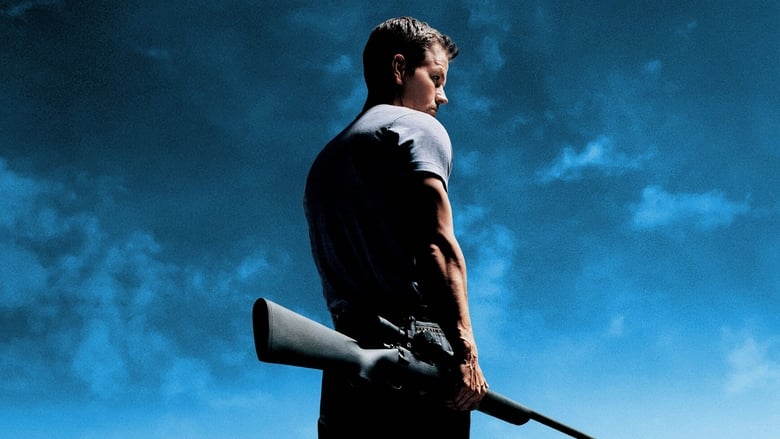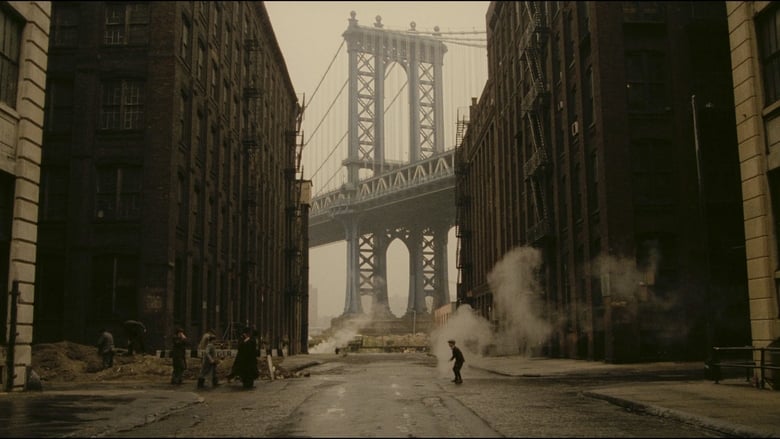In 1945, as Stalin sets his hands over Poland, famous painter Wladislaw Strzeminski refuses to compromise on his art with the doctrines of social realism. Persecuted, expelled from his chair at the University, he's eventually erased from the museums' walls. With the help of some of his students, he starts fighting against the Party and becomes the symbol of an artistic resistance against intellectual tyranny.


Similar titles
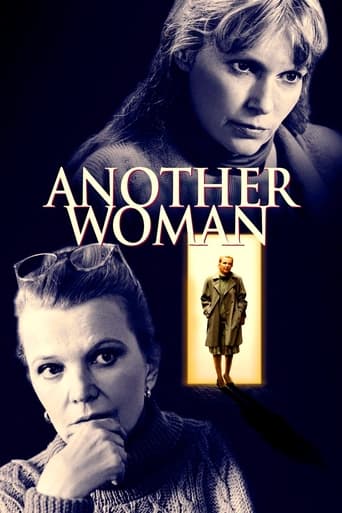
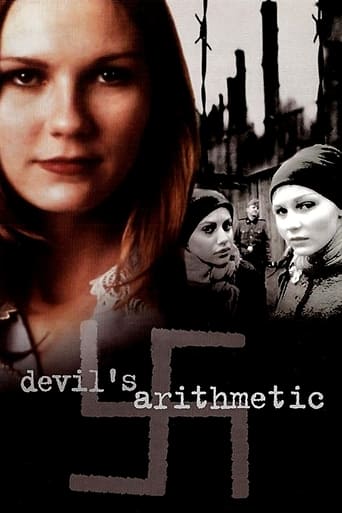
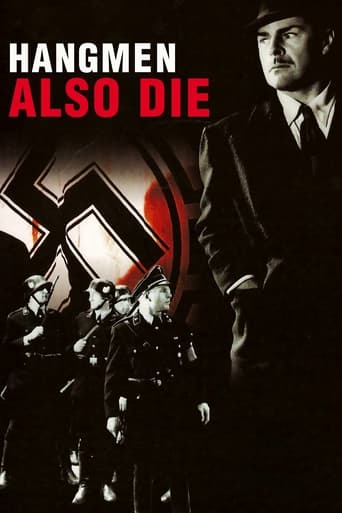
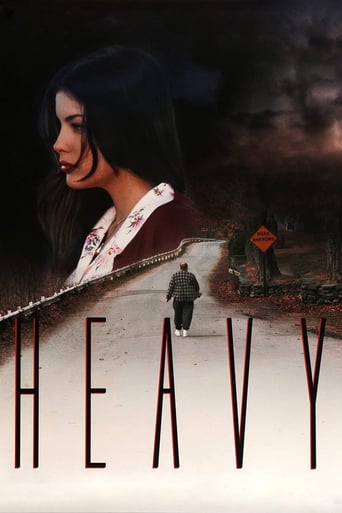


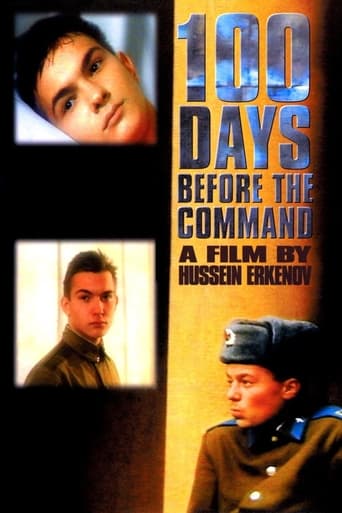
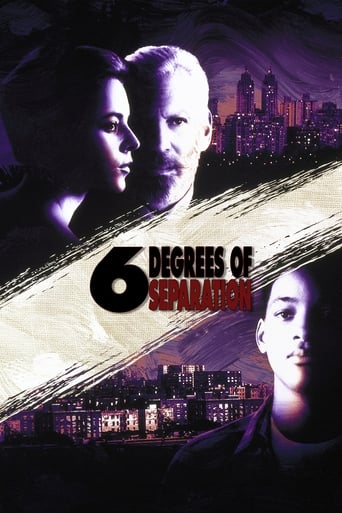
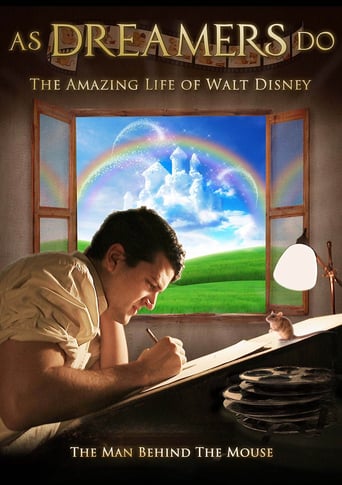
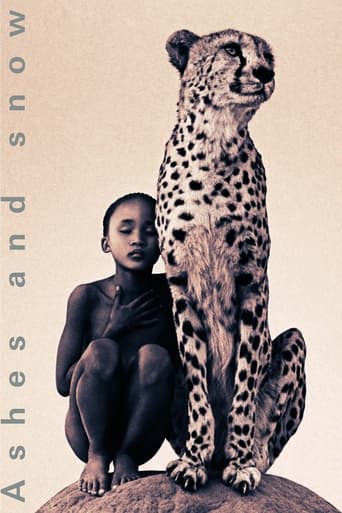
Reviews
The Polish film Powidoki was released in the United States with the translated title Afterimage (2016). It was directed by the late Andrzej Wajda. (Wadja lived long enough to see the film completed, but he died before it was released.) I think that it's more than a coincidence that Wajda chose as his final film the story of a great artist who died without ever losing his dedication to art. The avant-garde Polish artist Wladyslaw Strzeminski was highly regarded in art circles all over the world. However, when Poland was dominated by the Soviet Union, he was forced out of his teaching post. Ultimately, he could not find work, and his lack of funds caused him to die in poverty from tuberculosis in 1952.This is a hard film to watch. We see Strzeminski forced from his role as professor, forced to separate from his students, and forced out of the artist's guild. He's told that in Communist Poland, only those who work get to eat. The problem is that the government won't let him work, so basically he is sentenced to death, although he was never charged with a crime.Boguslaw Linda portrays Strzeminski, and his acting is superb. He's an experienced Polish actor, who has worked with Wadja before. A movie like this will stand or fall on the merits of the star. Linda makes us believe in the character. We see him continually making choices. He himself sees no choices--he lives for his art and he dies for it.We watched this movie in Rochester's wonderful Dryden Theatre at the George Eastman Museum. It will work well on the small screen. Afterimage was shown at the Grand Opening of part two the outstanding 2017 Rochester Polish Film Festival. Earlier this year, the Dryden screened A Generation. That was Wajda's first film, and this was his last. What an opportunity to follow the development of a talented director from the beginning to the end of his career.
this is the basic feeling. it is a film about present. not only for remind the Communist regime profound traces in every day life. but for the dictatorship of bureaucracy. for the desire of unanimity. for the role of person as tool. and for the politically correctness who is not real far by the Communist dictatorship. it is , in same measure, a significant last word of Wajda. not only as legacy. but as remember of his themes, message, precise exposure of the action of the evil, crash of the artist, forms of freedom out of political rules. a film about present, maybe, only from the perspective of an Easter European.
Andrzej Wajda's Afterimage was released in 2016, just after he died at 90. It's a moving valedictory. This is Wajda's last will and testament. He bequeaths the legacy of the independent artist who pursues a personal vision and style in the face of reactionary and political dictates. Wajda is arguably Poland's most important director, with his searing anatomies of Polish history and politics. He made A Generation in 1955(!) — followed by Kanal and Ashes and Diamonds two and three years later. Leap ahead 60 years and he still has that fire in his belly.His last hero is the modernist painter Wladyslaw Strzeminski, who worked with Chagall and Malevich and introduced abstraction and modernity to Polish art. Strzeminski lost an arm and a leg in the first world war. As he limps and fumbles through the film he becomes an emblem of director Wajda himself — an old man, weakened by age and debility, but persisting in the art of his vision.The depressing narrative traces Strzeminski's steady loss of authority, respectability and comfort. Such is the price of an artist's independence and integrity. The Stalinist government punishes him for ignoring their prescription of Social Realism. This artist refuses to serve the state so the state punishes him to the end. He loses his job, his students, his marriage, his status, his living. Without the artist ID card he can't buy paint, leave alone hold down even a job as an illustrator, far beneath his abilities. But this artist holds true to his vision. A huge red banner of Stalin cuts off the artist's light. So he slashes it open — incurring his arrest and the ultimatum either to conform or to disappear. The title refers to the artist's lecture on the physiological basis of vision. The eye retains an afterimage of what it has viewed. It is never an exact duplication of the physical reality — such as Social Realism purports to be — but inflected by the artist's character and emotions. Hence the importance of this artist's memory of blue, his lost wife's eyes, the white flowers he dues blue to bring to her snowy grave. An artist's canon is another form of Afterimage, the vision that survives him. Hence the film's upbeat conclusion, where the bright colours of this abstractionist's work erupt over the end titles, superseding the dismal colours which record his affliction. That last bright palette validates the artist's suffering and loss. The film also records the human cost of tyranny. This artist's students and friends remain faithful to him as ling as they can — at a cost. They have to give him up to establish their own careers. Aiding him leaves them vulnerable to arrest or even "disappearance" — as befalls the student who loves him and types out his theories on art. If the film addresses Wajda's imminent departure, it is also a rallying call against the creeping spread of right wing governments in Europe, Defending the individual vision against a proscriptive government is very much a statement for our time.
13th Dubai International Film Festival, 14 December 2016.The last movie of Andrzej Wajda tells the story of one of the best artists of the 20th Century, Wladyslaw Strzeminski.The movie states that the situation of a true artist is miserable in spite of the geography, language and culture. Wladyslaw Strzeminski is a great painter, and is suffering due to his personal views, during a great social reformation in Poland. He loose his job, artist license canceled, and ignored in every corner of life. Though his students try to support him, it doesn't make much use. Hungry and sick, a great artist faces the tough realities of life.The performance of the cast are amazing. Boguslaw Linda as Strzeminski and all the remaining cast have done a wonderful job. Photography and direction is so superb. I noticed the audience after the movie, they had tears in their eyes. It is so heart touching. Do not miss this movie, if you are a real movie freak!
